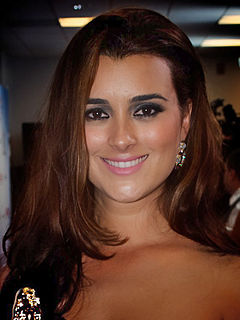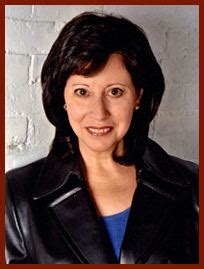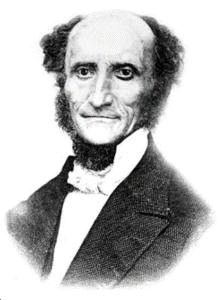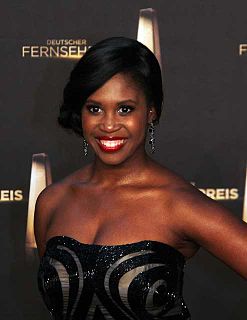A Quote by Amos Oz
Not now, for the last three thousand years, Hebrew has been penetrated and fertilized by ancient Semitic languages - by Aramaic, by Greek, by Latin, by Arabic, by Yiddish, by Latino, by German, by Russian, by English, I could go on and on. It's very much like English.
Related Quotes
I work in Hebrew. Hebrew is deeply inspired by other languages. Not now, for the last three thousand years, Hebrew has been penetrated and fertilized by ancient Semitic languages - by Aramaic, by Greek, by Latin, by Arabic, by Yiddish, by Latino, by German, by Russian, by English, I could go on and on. It's very much like English. The English language took in many many fertilizations, many many genes, from other languages, from foreign languages - Latin, French, Nordic languages, German, Scandinavian languages. Every language has influences and is an influence.
I suppose there is no place in the world where snobbery is quite so ever-present or where it is cultivated in such refined and subtle forms as in an English public school. Here at least one cannot say that English ‘education’ fails to do its job. You forget your Latin and Greek within a few months of leaving school — I studied Greek for eight or ten years, and now, at thirty-three, I cannot even repeat the Greek alphabet — but your snobbishness, unless you persistently root it out like the bindweed it is, sticks by you till your grave.
Malcolm Bradbury made the point, and I don't know whether it's a valid one or not, that the real English at the moment is not the English spoken in England or in America or even in Canada or Australia or New Zealand. The real English is the English which is a second language, so that it's rather like Latin in the days of the Roman Empire when people had their own languages, but had Latin in order to communicate.
I think in Arabic at times, but when I'm writing it's all in English. And I don't try to make my English sound more Arabic, because it would be phony - I'm imagining Melanie Griffith trying to do a German accent in Shining Through. It just wouldn't work. But the language in my head is a specific kind of English. It's not exactly American, not exactly British. Because everything is filtered through me, through my experience. I'm Lebanese, but not that much. American, but not that much. Gay, but not that much. The only thing I'm sure of, really, is that I'm under 5'7".
We the undersigned, intend to establish an instruction and training institution which differs from the common elementary schools principally in that it will embrace, outside of (in addition to) the general and elementary curriculum, all branches of the classical high school, which are necessary for a true Christian and scientific education, such as: Religion, the Latin, Greek, Hebrew, German, French and English languages; History, Geography, Mathematics, Physics, natural history, Introduction to Philosophy, Music, and Drawing.
The biggest issue for me has been the language because I speak so much German now. I've had to focus on my English and find more words to describe what I want to say and also soften my tone. It was quite stiff from 20 years of speaking German, so when I started speaking more English, oh my god, my tongue was like: 'Argh'!



































